
From Our Correspondent
The Maritime stakeholders at a maiden interactive session, on Thursday, revealed that Nigeria is losing $1 trillion annually due to the non-disbursement of the Cabotage Vessels Financing Fund (CVFF).
TheNewsZenith reports that the Marine and Blue Economy stakeholders, in Lagos, held the interactive session with the news director General of the Maritime Administration and Safety Agency (NIMASA), Dir Dayo Mobereola.
A Maritime lawyer, Emeka Akabogu, making a presentation at the forum, said the country is losing $ 4 billion to the absence of local marine transportation. His presentation was titled “Navigating to the Promise Land”.
“There are three legs to shipping: Fleet expansion, ship repairs and dry ducking/shipbuilding. In the process, Nigeria is losing $9 billion annually to the non-participation in international freight services.
“The fishing sub-sector of the maritime industry contributes N282 billion annually to the economy.
“Nigeria’s coastal resources have an estimated capacity of $504 trillion. The current realised capacity is $ 106 trillion in export and import on frozen fish is $876 million.
“The former Director General of NIMASA, Dr Bashir Jamoh, once said the country was losing approximately, $25.5 biliion annually to illegal maritime activities.
“He also said the Nigerian National Petroleum Corporation Limited was losing $1.35 billion on oil bunkering,” Akabogu said.
In 2024 alone, he said 4,419 ships have registered in Nigeria with a total tonnage of 5.8 billion tonnes.
“A summary of the valid registered vessel showed that there are 2,136 ships with 4.2 billion gross tonnage. There are 61 ships with invalid registration.”
Under cabotage, he said NIMASA registered 1033 vessels with a gross tonnage of 1.9 million. He also said that NIMASA registered 18 foreign-owned vessels with 125 million tonnes.
According to him, seafarers’ groups reported that more than 80 per cent of the nation’s seafarers are jobless.
Read Related News:
Govt properties: Reps to probe auctioning of NPA, NIMASA
FEC approves 3 projects for NIMASA – Commission
NIMASA D-G says NIIA critical to harnessing Nigeria’s economy
Nigerian Navy acquires new offshore survey vessel
“The discrepancy was of concern and speaks to the credibility of available data,” the legal practitioner noted.
Akabogu lamented over poor gender representation in the maritime sector. He added that out of 6,039 seafarers on the Nigerian seafarers’ register in 2019, only 9.3 per cent or 567 were women.
In the Maritme Academy of Nigeria, Akabogu said out of 250 students only 26 were females.
He said that Nigeria has about 30 female seafarers with a Certificate of Competency (CoC) who do not have job.
Earlier, the Flag Officer Commanding Western Naval Command, Nigerian Navy, Rear Admiral Mustapha Hassan, said NIMASA management needed to be more effective in the implementation of Cabotage Act.
Hassan said that the Cabotage Act has been dosile since its enactment.
“There is a need for inter-agency collaboration in the cabotage regime to address issues of boarding and inspection of vessels. This is especially so with the automatic identification system,” he said.
If the the Cabotage Act is effectively implemented, he said, the Federal Government will make a lot of money.
He assured the readiness of Nigerian Navy, to support NIMASA in treating these cases expeditiously in the next month.
In his remarks, a former Director-General of NIMASA, Mr Temisan Omatseye, said the agency was established with the core mandate of promoting, protecting and providing an enabling environment for indigenous ship owners to grow their vessels.
Also Read:
FG directs banks to set modalities for Cabotage Fund disbursement
Lekki port to contribute $8bn to Nigeria’s economy annually
18 ships arrive in Lagos with petroleum products – NPA
“Unfortunately, the current NIMASA leadership will not be able to disburse the Cabotage Vessel Financing Fund (CVFF), Omatseye said.
According to him, NIMASA’s CVFF is doing the risk assessment. “But its fund the disbursement does not allow an outsider to do the risk assessment. This negates the law that binds the funding.”
“The law says there should be a CVFF and the fund is to be disbursed in line with the guidelines issued by the Minister of Transportation and approved by the National Assembly,” the former DG said.
Another Maritime Lawyer, Mr Adedoyin Afun, urged NIMASA to reduce duties on vessel acquisition to encourage more vessels to register.
In his response, the Director-General of NIMASA, Dr Adedayo Mobereore, commended the efforts of the stakeholders and all the past Director General of the agency.
Mobereore pledged to work towards achieving the goals of the President Bola Tinubu and the Minister of Marine and Blue Economy.
He promised to carry all the stakeholders along in the administration of the agency.
“My administration will look into issues of ship registration and gender inclusiveness.
“We will consider all these points and NIMASA will put in place a sustainable strategies for the maritime industry.
“Our today’s knowledge sharing will not be wasted and we will call on you where we need clarification to implement all the points raised,” Mobereore promised.

Do you have a flair for Citizenship Journalism? Share story(ies) of happenings in your area with The NewsZenith on WhatsApp: 08033668669 or thenewszenithonline@gmail.com


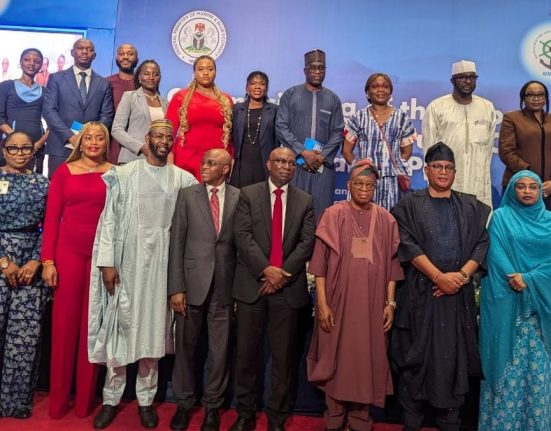
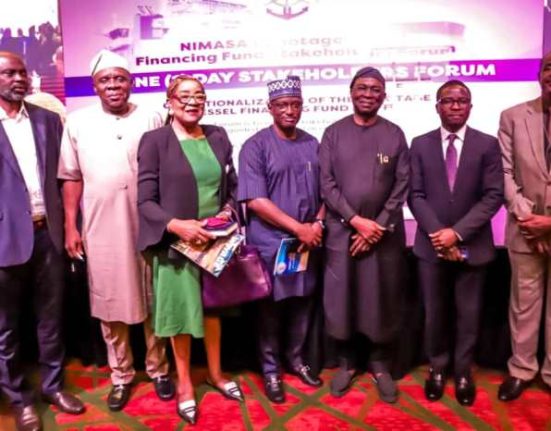
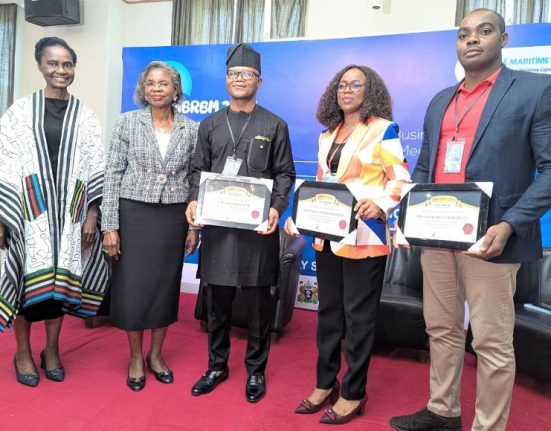
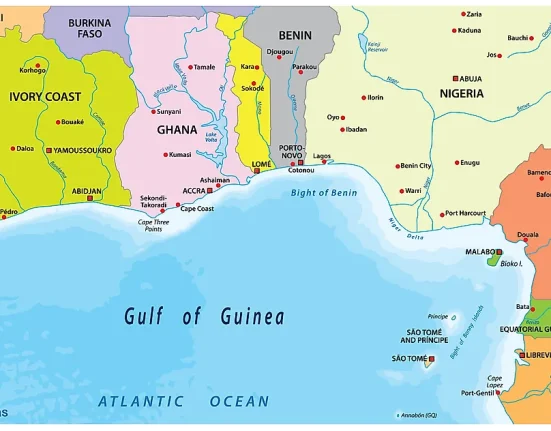
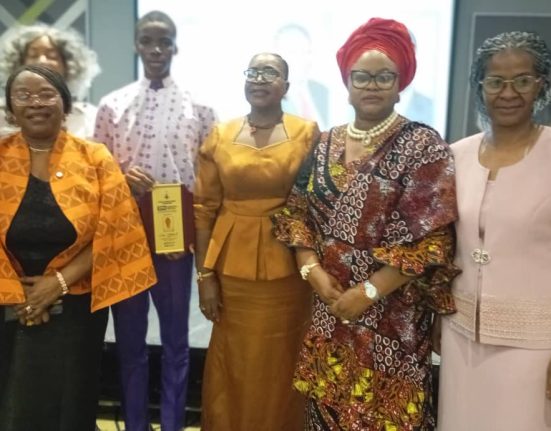
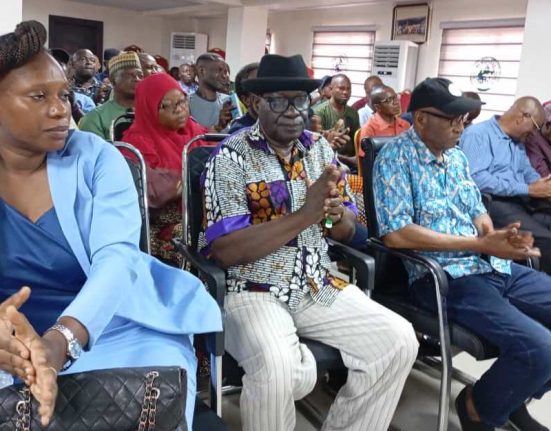
2 Comments